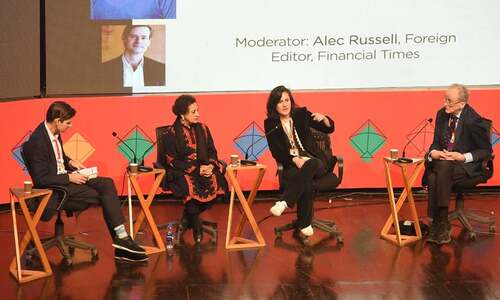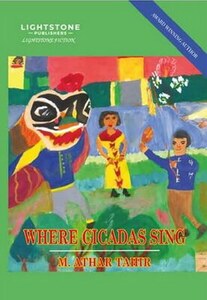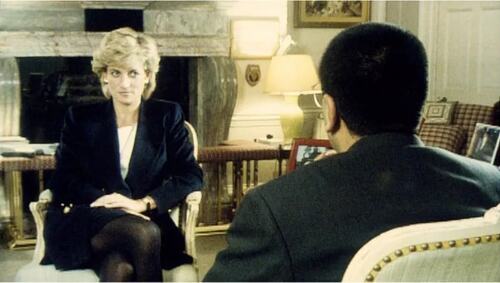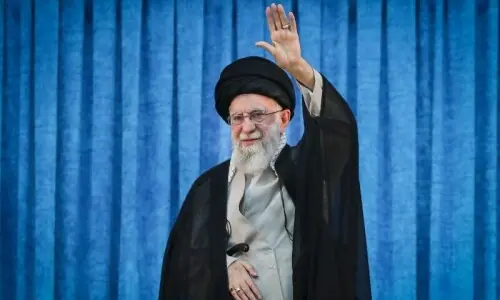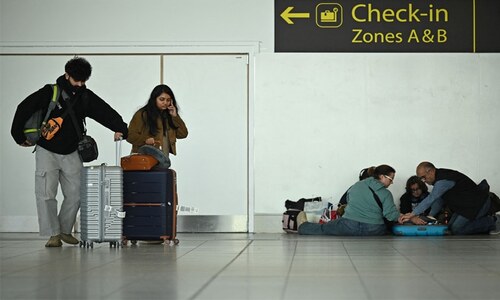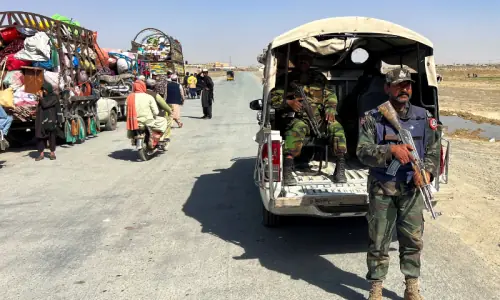I HAVE been working on my recently published book (Britain Through Muslim Eyes: Literary Representations, 1780-1988) and related projects for a decade, since the revelation that three of the four 7/7 bombers were from my home city of Leeds. It was then that I realised that despite researching South Asia for years, I didn’t know about what was on my doorstep. I decided to learn more about Muslims in Britain, whereas my previous expertise was in Indian literature.
As I peered into the archive for producing the most comprehensive history possible of writing by Muslims, it yielded fascinating travel writing, memoirs, and fiction by Muslims in Britain from the 18th, 19th, and early 20th centuries. I realised I would have to divide the book into two, and am working on a sequel.
My aim in this two-book study was to discover what Britain looked like to the Muslims who increasingly visited and lived in the country from the late 18th century onwards. What I found was that most of the pre-1980s authors were elite, ‘England-returned’ sojourners, whereas in the later period a more permanent ‘myth of return’ class of writers emerges.
‘England-returned’ is a term used in South Asia to refer to people who have been educated all over the UK, not necessarily just in England. This elite class of early travellers included princes (like the scribbling Persian brothers Reeza, Najaf, and Taymoor Meerza who came to Britain in 1836), religious leaders such as the Aga Khan III (who wrote about his 1898 European tour in The Memoirs of Aga Khan: World Enough and Time), and future prime ministers including Malaysia’s Tunku Abdul Rahman Putra Al-Haj (sojourns from the 1920s to 1940s are documented in his collected newspaper columns).
To this elite, transient, sheltered group of people, cultural prejudice was rarely experienced. For the most part England-returned writers were positive about Europe in general and the UK in particular. That said, their admiration is often mixed with alertness to British irreligiosity, hypocrisy, and self-contradictions. These are easier to perceive through the gaze of a stranger, although the longer these writers stay in Britain the more they also look at their own cultures through different eyes.
Bear in mind that the majority of Muslim travellers to Britain always come from proletarian backgrounds. Rozinal Visram highlights the centrality to pre-Second World War British life of ayahs, lascars, servants, soldiers, and pedlars. I focus on the elite side of the migrant spectrum — princes, travellers, and students — because these people are most likely to write about their experiences.
In 1979, Pakistani academic Muhammad Anwar coined the term ‘myth of return’ to describe the predicament of those working-class South Asians who travelled to Britain in large numbers from the 1960s onwards. In his book The Myth of Return, Anwar explained that these migrants assumed that they would work hard in Britain and soon save up enough money to become powerful ‘England-returned’ success stories back in their home country.
Dreams of a triumphant homecoming were gradually dashed as the (initially more male than female) immigrants discovered that their wages wouldn’t do much to offset high overheads. They also began to marry, have children, and put down roots in Britain, making it harder to leave. Return became a myth, but it was still something to cling to on the often hostile and usually damp streets of Britain. Most migrants maintained links to South Asia, and many sent substantial amounts of money home and sponsored relatives or friends to come over. For this impoverished and vulnerable group, racism and discrimination were daily realities. Understandably, the view of Britain from these permanent settlers tended to be more critical — sometimes bitterly so.
There is no direct equivalent for ‘England-returned’ and ‘myth of return’ in Arabic or any of the other languages (such as Persian and Kiswahili) spoken by the authors of Muslim heritage who came to Britain. Yet, during the 200-year period studied in the book, it is also generally true that Arab, Persian, East African and other Muslim writers initially came to Britain for extended stays, but in the post-Second World War period and accelerating from the 1980s onwards the tendency was for them to stay there permanently.
I have been newly awakened to the significance of all this in the light of the refugee crisis. In the peregrinations of the early travellers, the indefinite and often precarious stays of the ‘myth of return’ migrants, and the perilous journeys of refugees, never has the slogan ‘we’re here because you were there’ been more relevant. It is notable that the refugees’ routes to Europe, and those of the less desperate travellers before them, often follow the pathways of colonisation. Maghribi refugees usually head for France and authors from that region historically write about the French, just as Britain is the most popular destination and imaginative terrain for inhabitants of the UK’s former colonies. This is beginning to change as word gets out about the rightly welcoming attitude to refugees of nations such as Germany.
In 1995, Astri Suhrke wrote an article, ‘Refugees and Asylum in the Muslim World’, in which she observed that two-thirds of the world’s refugee population were Muslims or refugees in Muslim states. Then the Yugoslav Wars were at their height and millions of Bosnians were the latest entrants to a long list of Muslim displaced people.
In Islam, Nationalism and the West: Issues of Identity in Pakistan, Iftikhar Malik quotes Rana Kabbani: “if Bosnian Muslims have become the new Palestinians, all Muslims have become the new Jews of the world”. Her point is that beneath the veneer of European secularism lie the centuries-old prejudices held by Christians towards Muslims, in unreconstructed or sublimated forms. Anti-Muslim rhetoric has been exacerbated by 9/11, 7/7, and now the Syrian War and rise of the self-styled Islamic State. This means that Europe’s long opposition to non-white migrants and racial profiling is becoming tainted by religious tones. The Muslim refugee is doubly (even triply) stigmatised by Islamophobia, ‘immigrant-bashing’ rhetoric and, in the case of women, patriarchal views.
But this stigmatisation is wrong. What my research shows are the huge contributions to British life that Muslim travellers and migrants have made over centuries. Not only have they created a body of literature worth celebrating, but they have also changed the nature of British cuisine (see the discussion of curry houses in Britain Through Muslim Eyes), music, sport, business, and science. I hope that the book does them justice.
CLAIRE CHAMBERS teaches global literature at the University of York and is the author of Britain Through Muslim Eyes: Literary Representations, 1780-1988.


